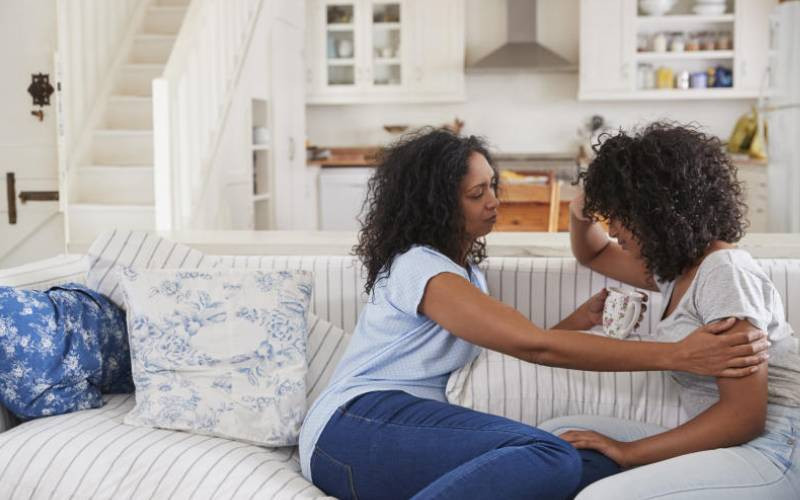
Human beings are social creatures. We crave connection, interaction and a sense of belonging.
Ironically, this so-called modern world with its emphasis on hyper-connectivity can lead to a different phenomenon - social isolation.
While solitude can offer periods of reflection and rejuvenation, prolonged social isolation can have significant negative consequences on both physical and mental well-being. Understanding its complexities is crucial for cultivating a healthy balance between connection and solitude.
Social isolation, as defined by Dr Julianne Holt-Lunstad, a leading researcher in social connection is a lack of social relationships or a sense of being alone. This can manifest in various ways from limited social interaction to a complete absence of meaningful connections.
While some individuals might choose a more solitary lifestyle, which is fine, for others, social isolation is an unintended consequence of factors like geographic location, work schedules or social anxiety.
If it is the latter, some things need to be addressed urgently. If that is not the case, periods of solitude can be incredibly beneficial. They provide a much-needed respite from the constant stimulation of the modern world allowing for introspection, self-discovery and other pursuits.
This is especially true for introverts who recharge their energy through solitude and often produce their best work in quiet environments.
However, it is crucial to distinguish between solitude, a chosen state of being alone, and social isolation, which is an involuntary state of disconnection. Chronic social isolation can have a detrimental impact on both physical and mental health.
- Returning to work after maternity leave
- Teach your children good values at an early age
- Keeping your children busy over the holidays
- Safely include your children in the kitchen with these tips
Keep Reading
Studies show social isolation can significantly increase the risk of mortality, rivalling the health risks associated with smoking or obesity.
Social isolation can also exacerbate symptoms of depression, anxiety and loneliness. The lack of social connection can weaken the immune system making individuals more susceptible to illness.
Social isolation is not always readily apparent but some signs can help you identify whether or not you are at risk.
If you find yourself withdrawing from social activities, having decreased interest in spending time with loved ones, having difficulty forming new relationships, and experiencing increased feelings of loneliness and isolation. There could be a problem.
In extreme cases, it may interfere with your sleep and eating patterns.
If you suspect that you or someone you know is experiencing social isolation, take steps towards reconnection. Take action by reaching out to friends and family even if it is just a phone call or a video chat.
Helping others is a proven way to combat social isolation and who knows, you may enjoy it.
 The Standard Group Plc is a multi-media organization with investments in media platforms spanning newspaper print
operations, television, radio broadcasting, digital and online services. The Standard Group is recognized as a
leading multi-media house in Kenya with a key influence in matters of national and international interest.
The Standard Group Plc is a multi-media organization with investments in media platforms spanning newspaper print
operations, television, radio broadcasting, digital and online services. The Standard Group is recognized as a
leading multi-media house in Kenya with a key influence in matters of national and international interest.










